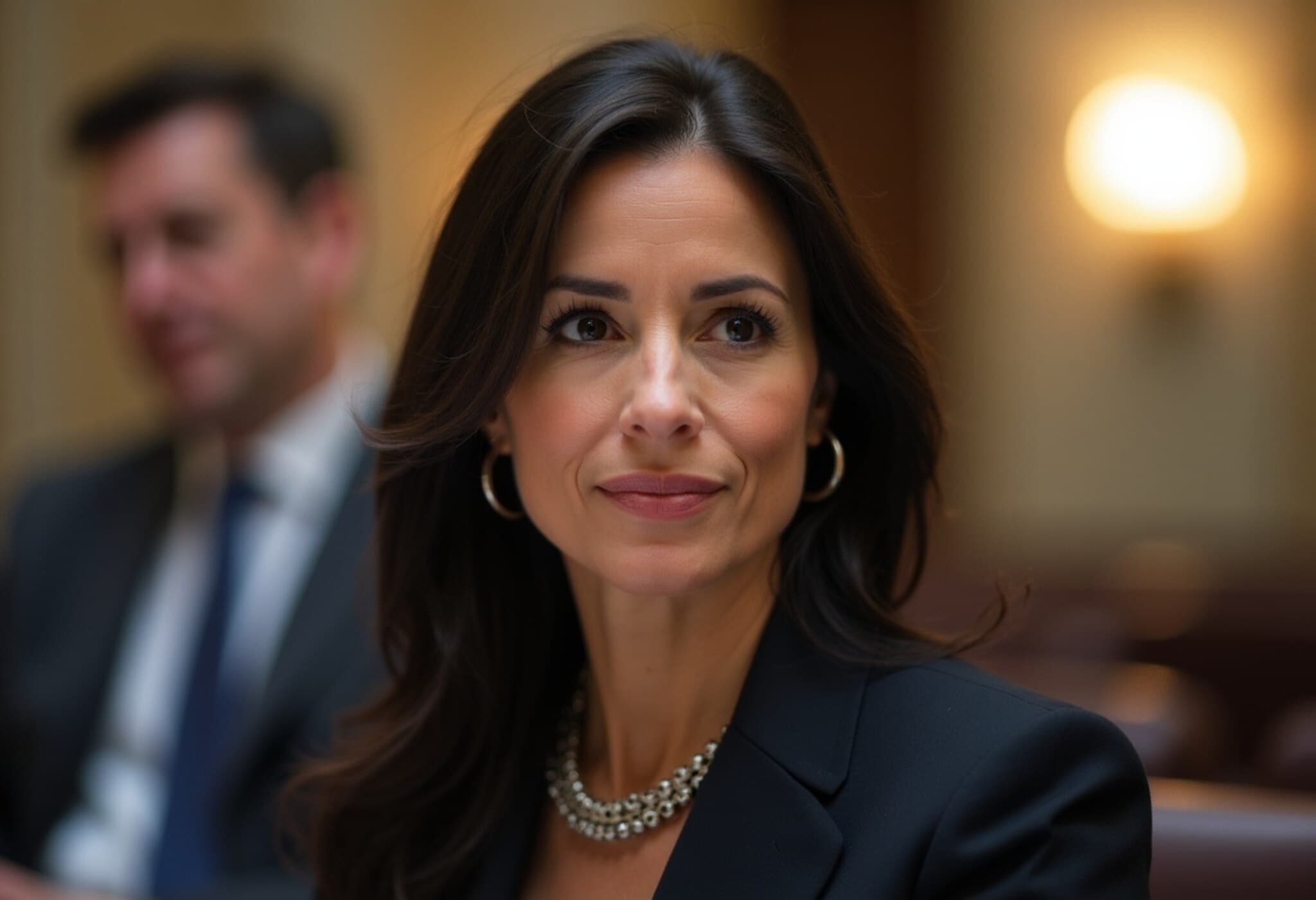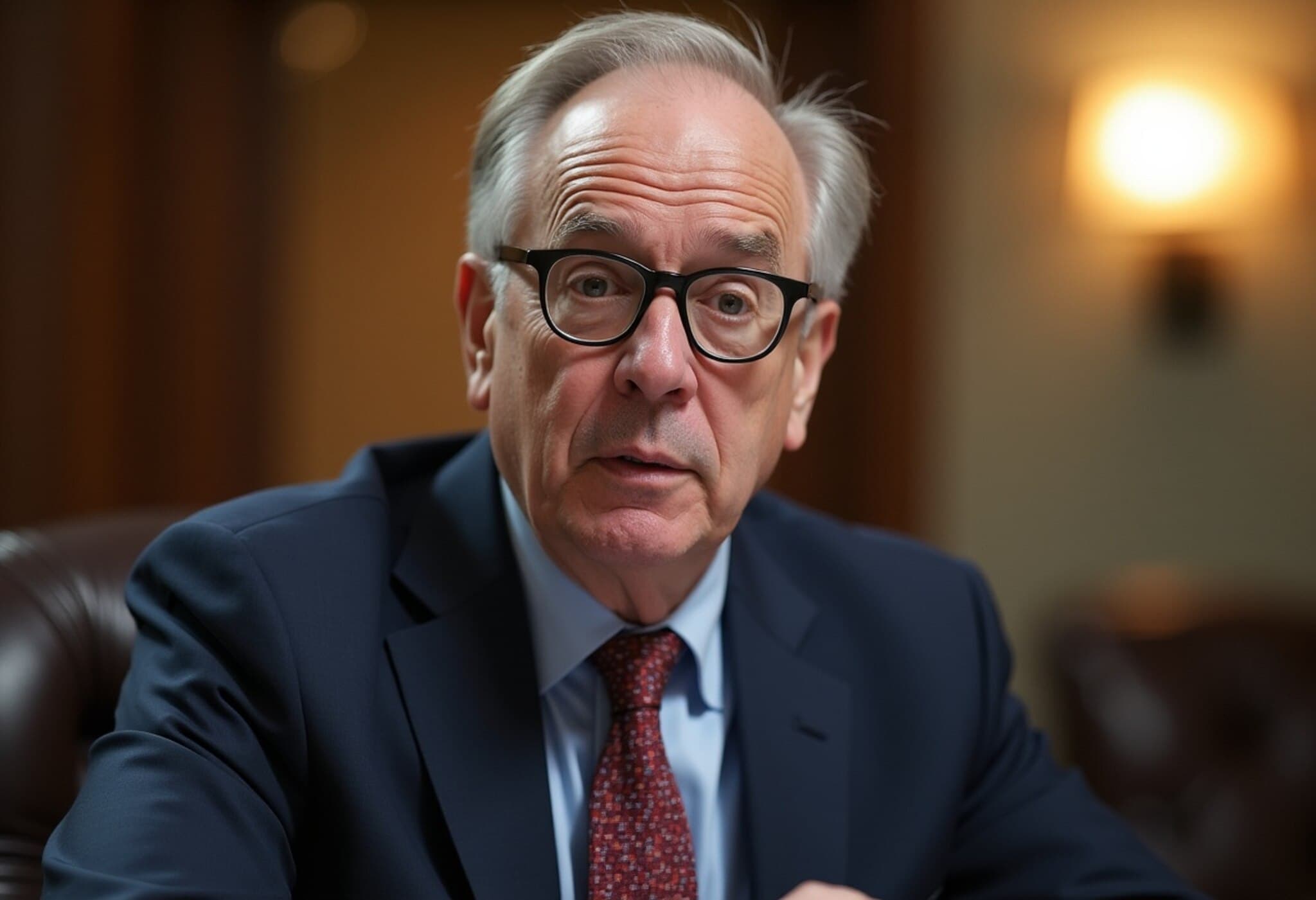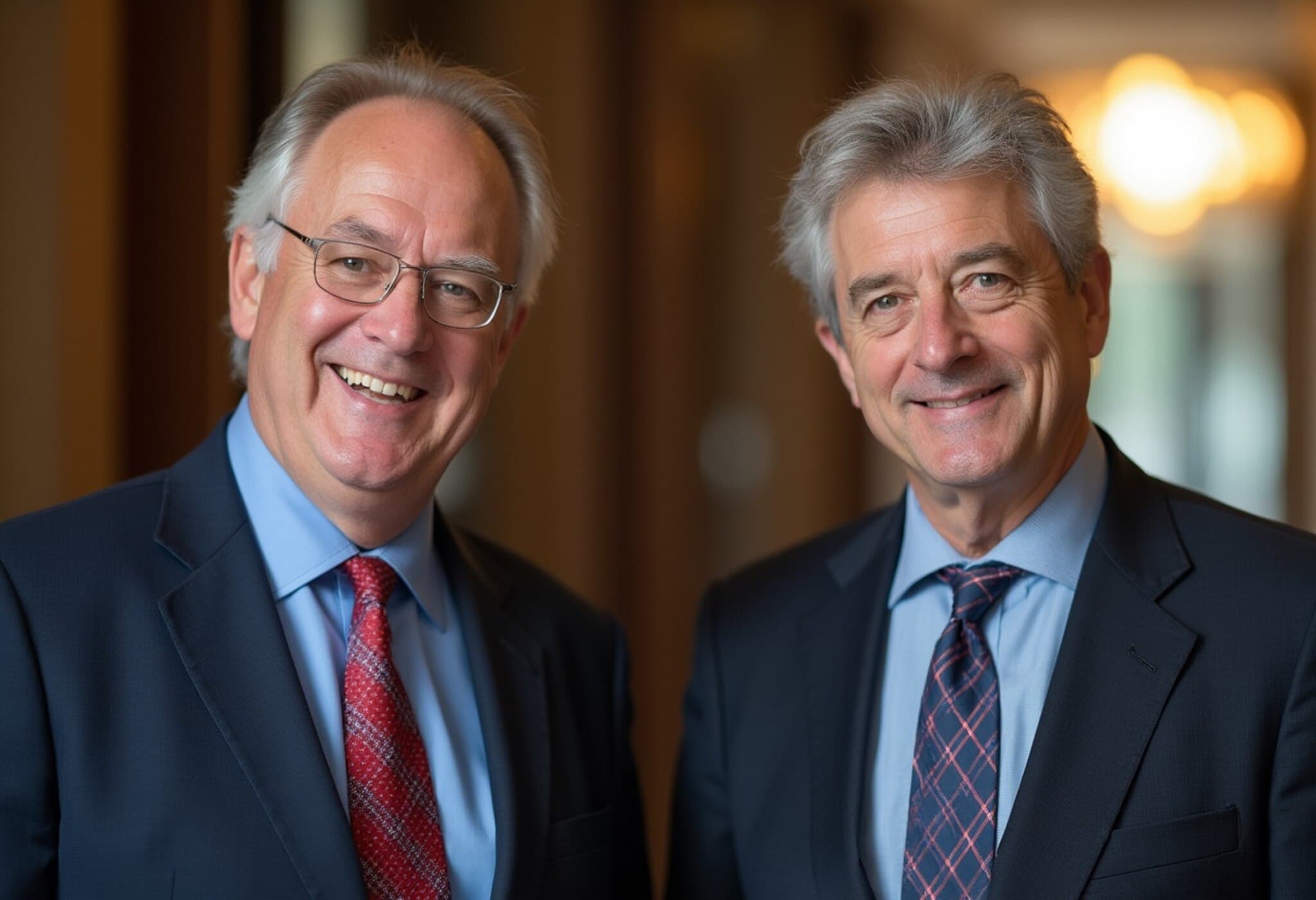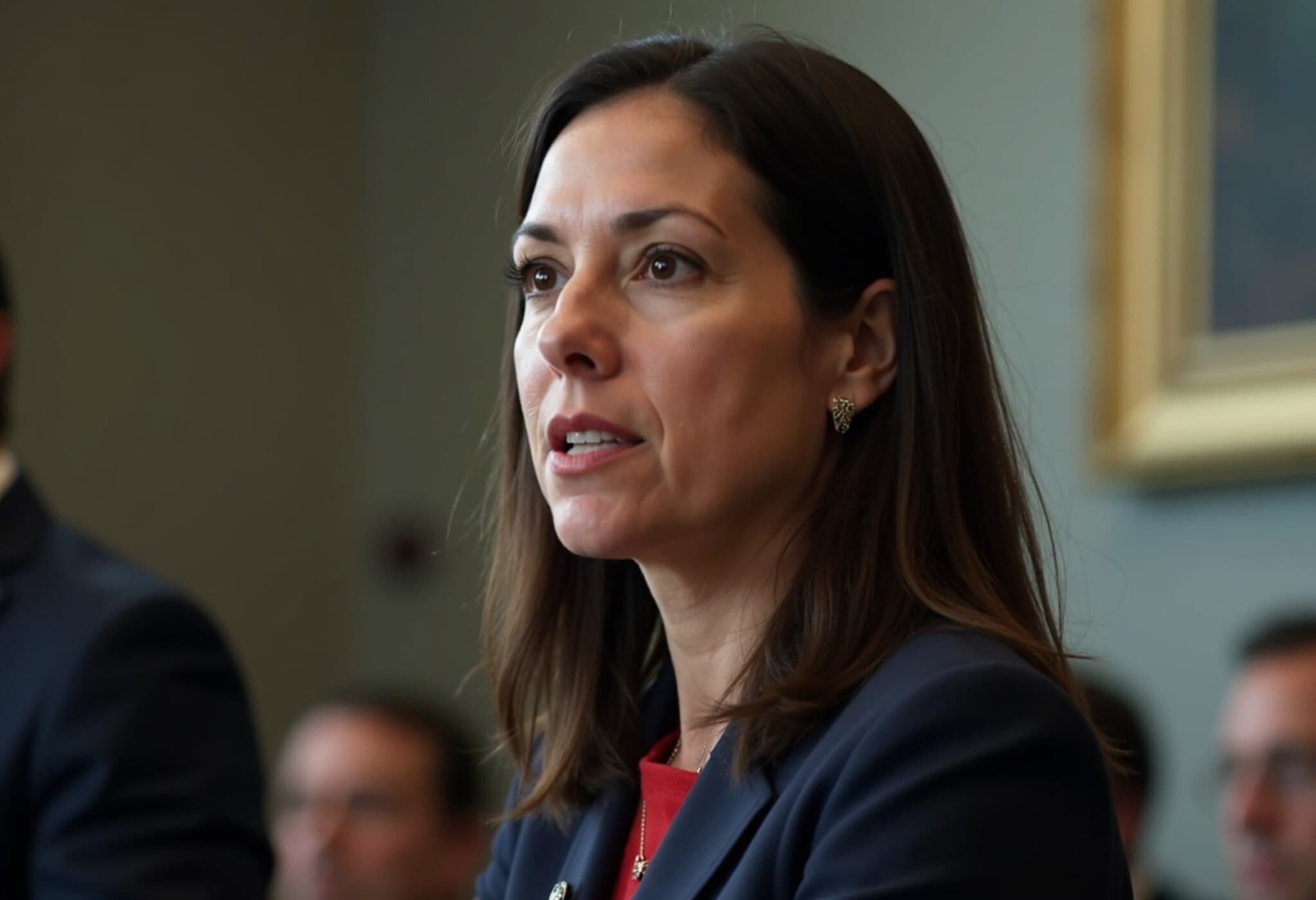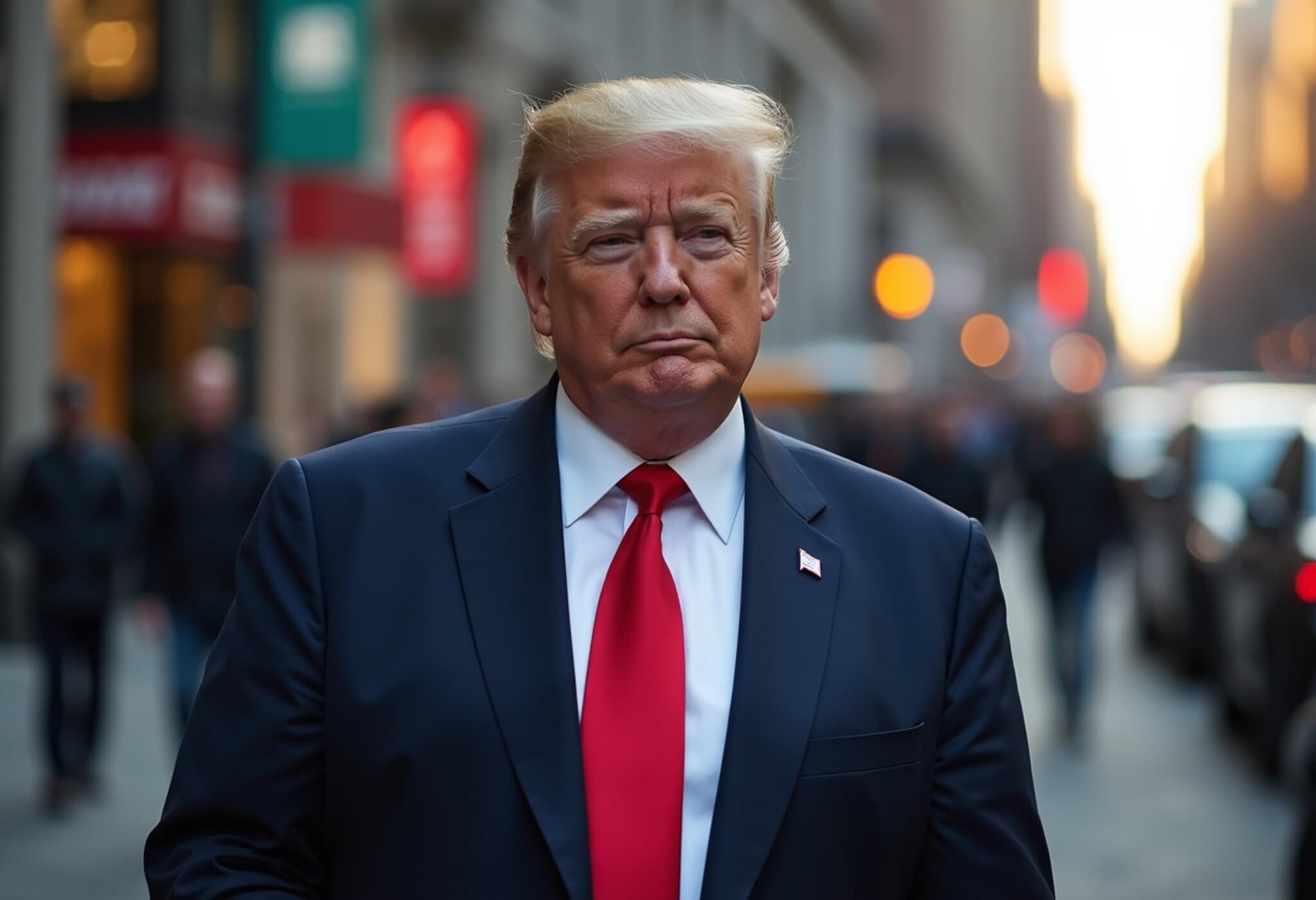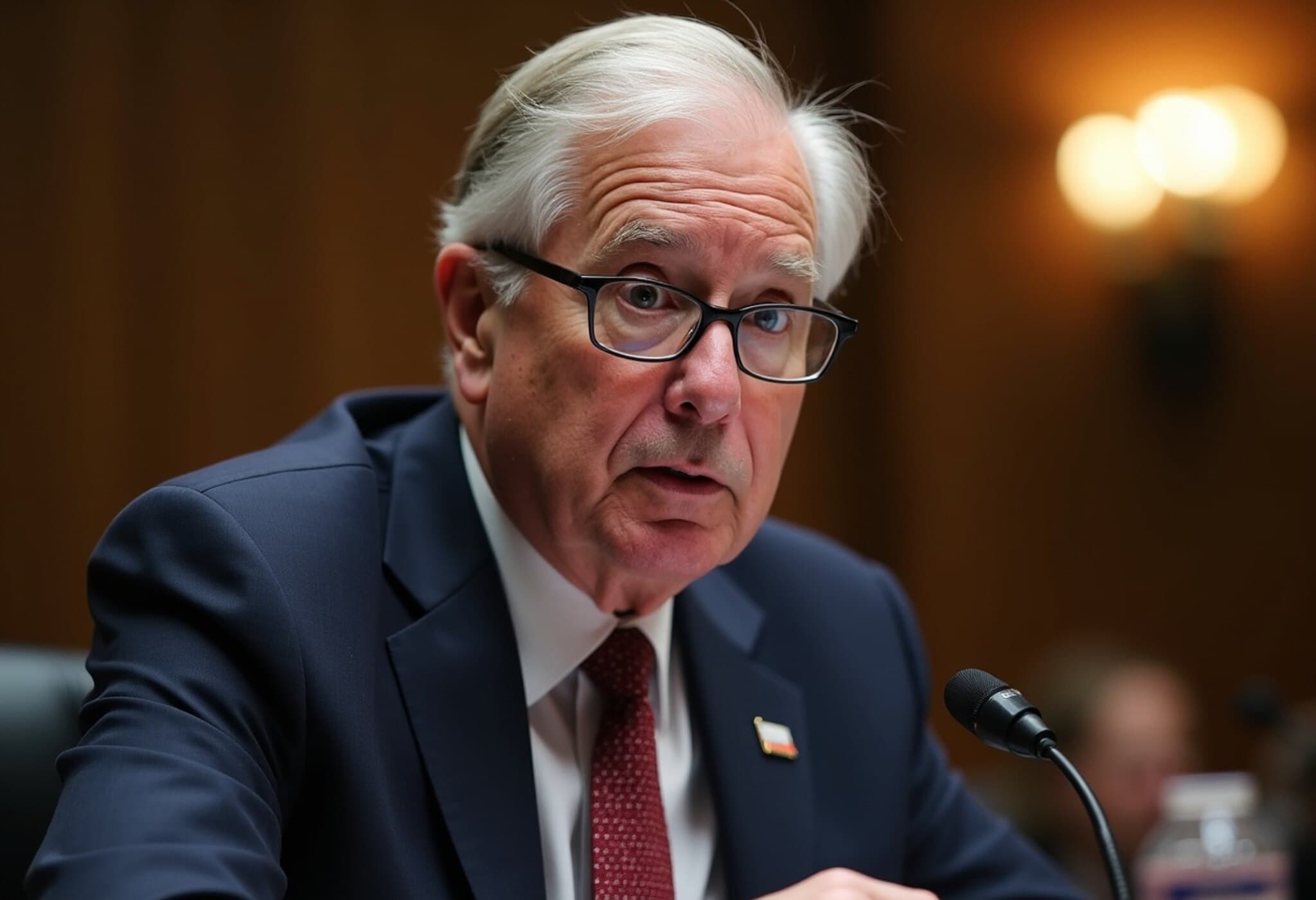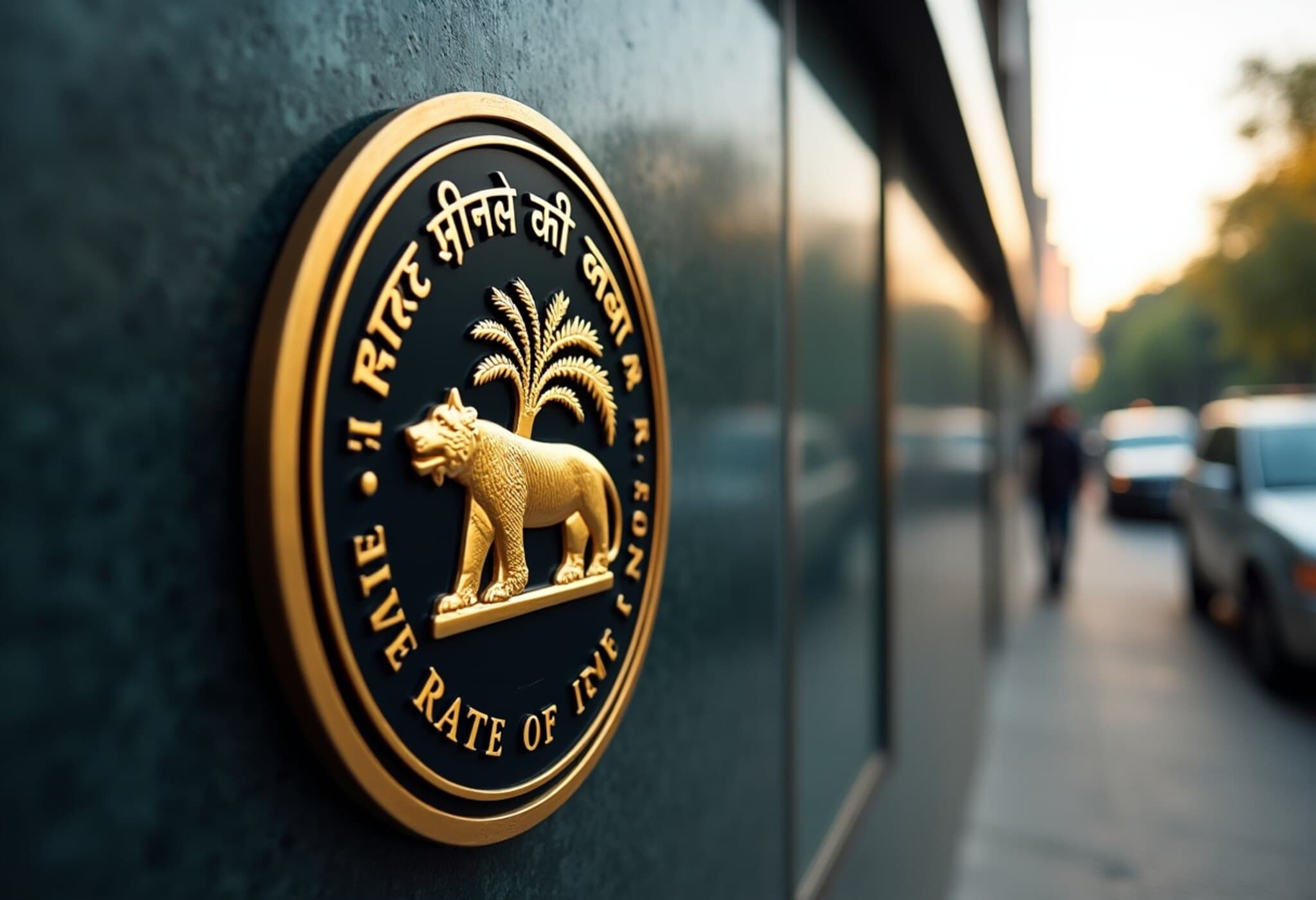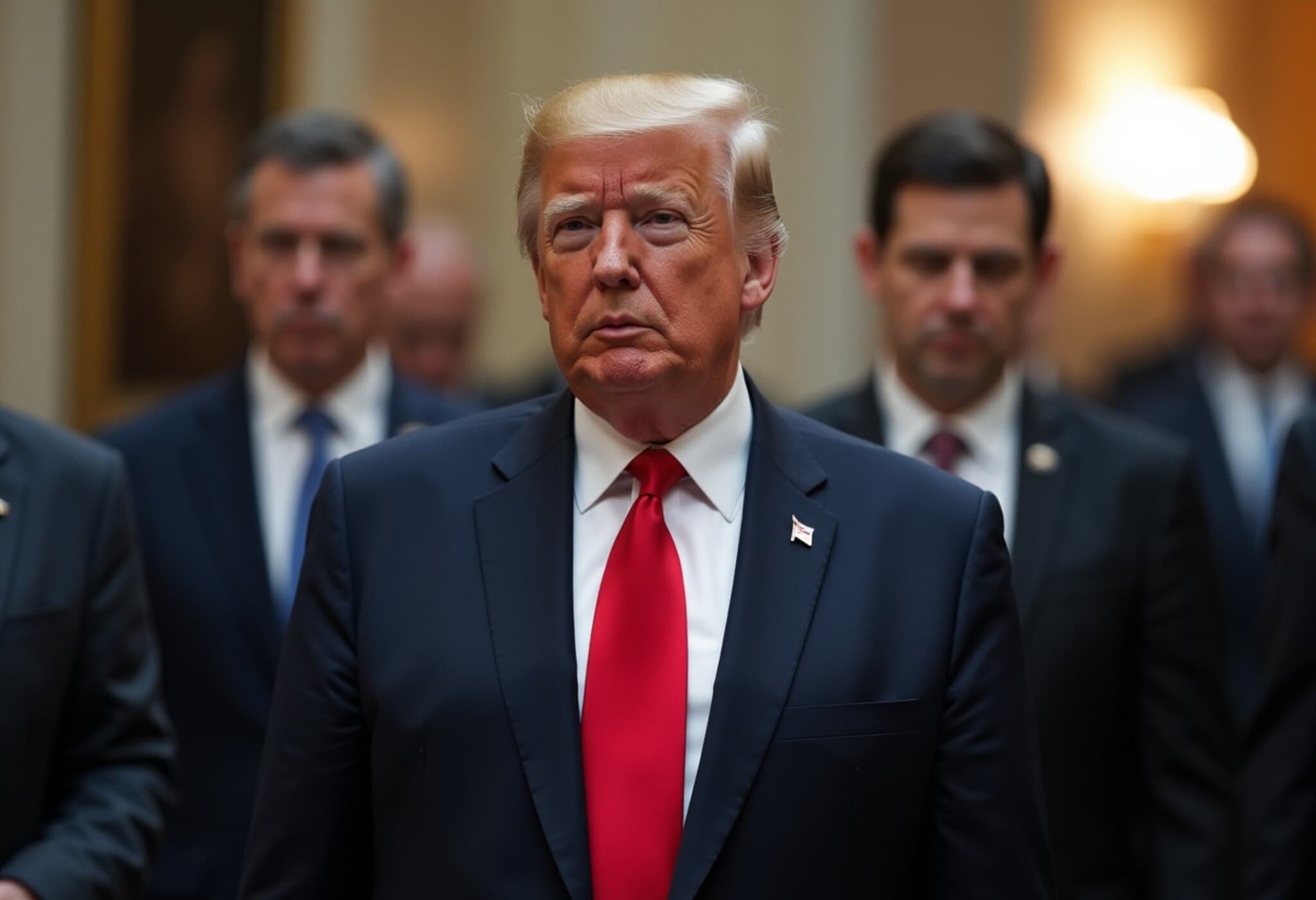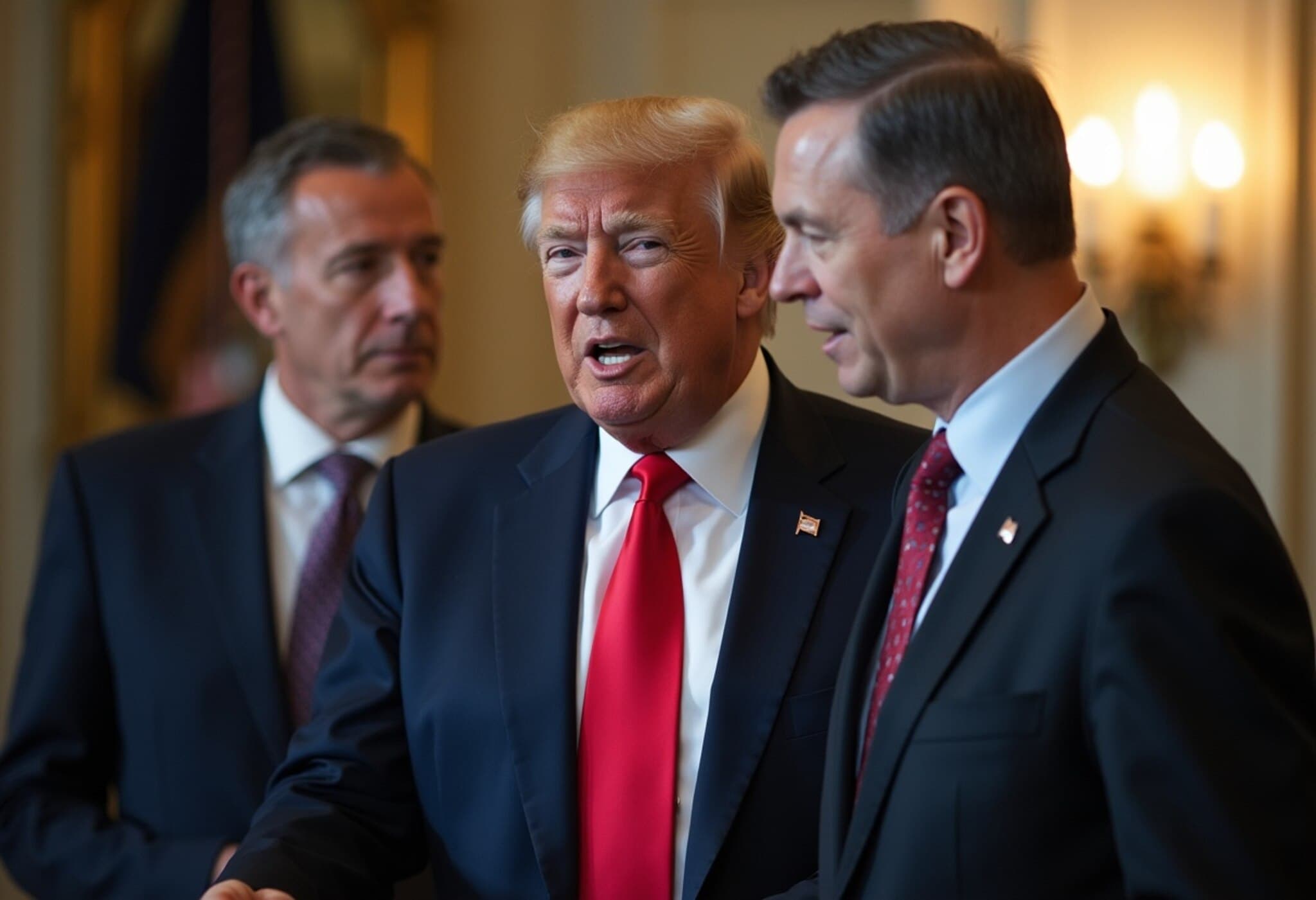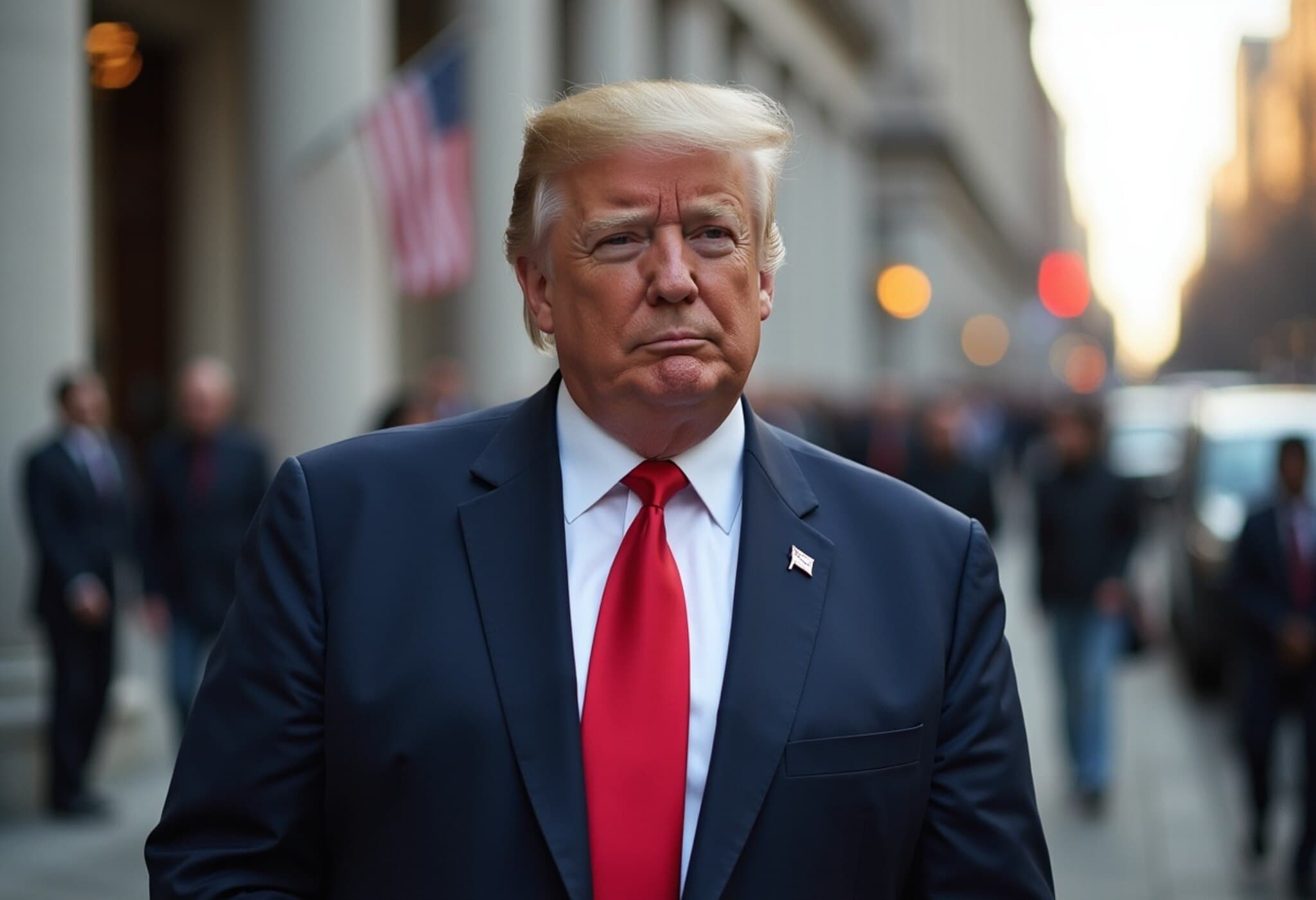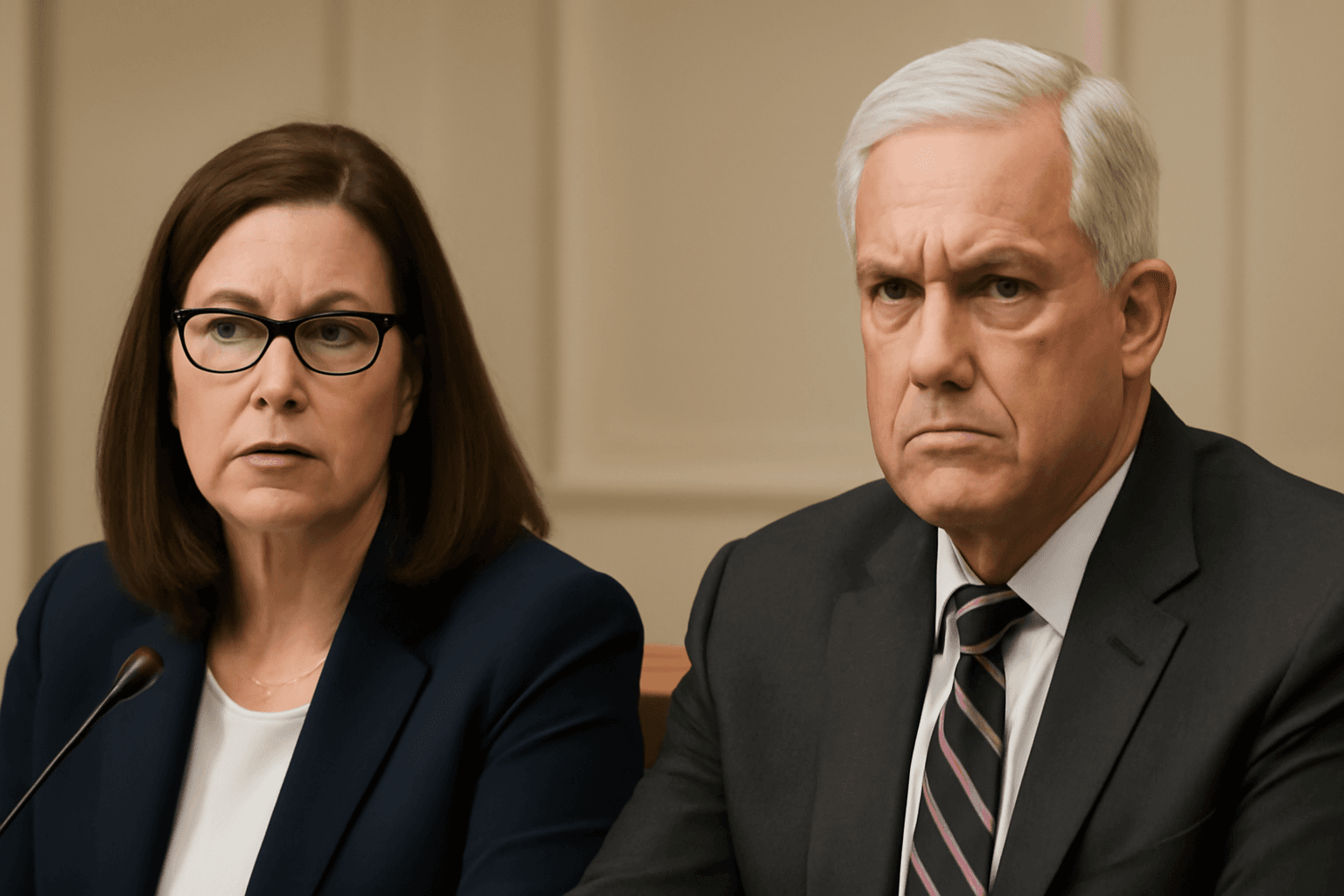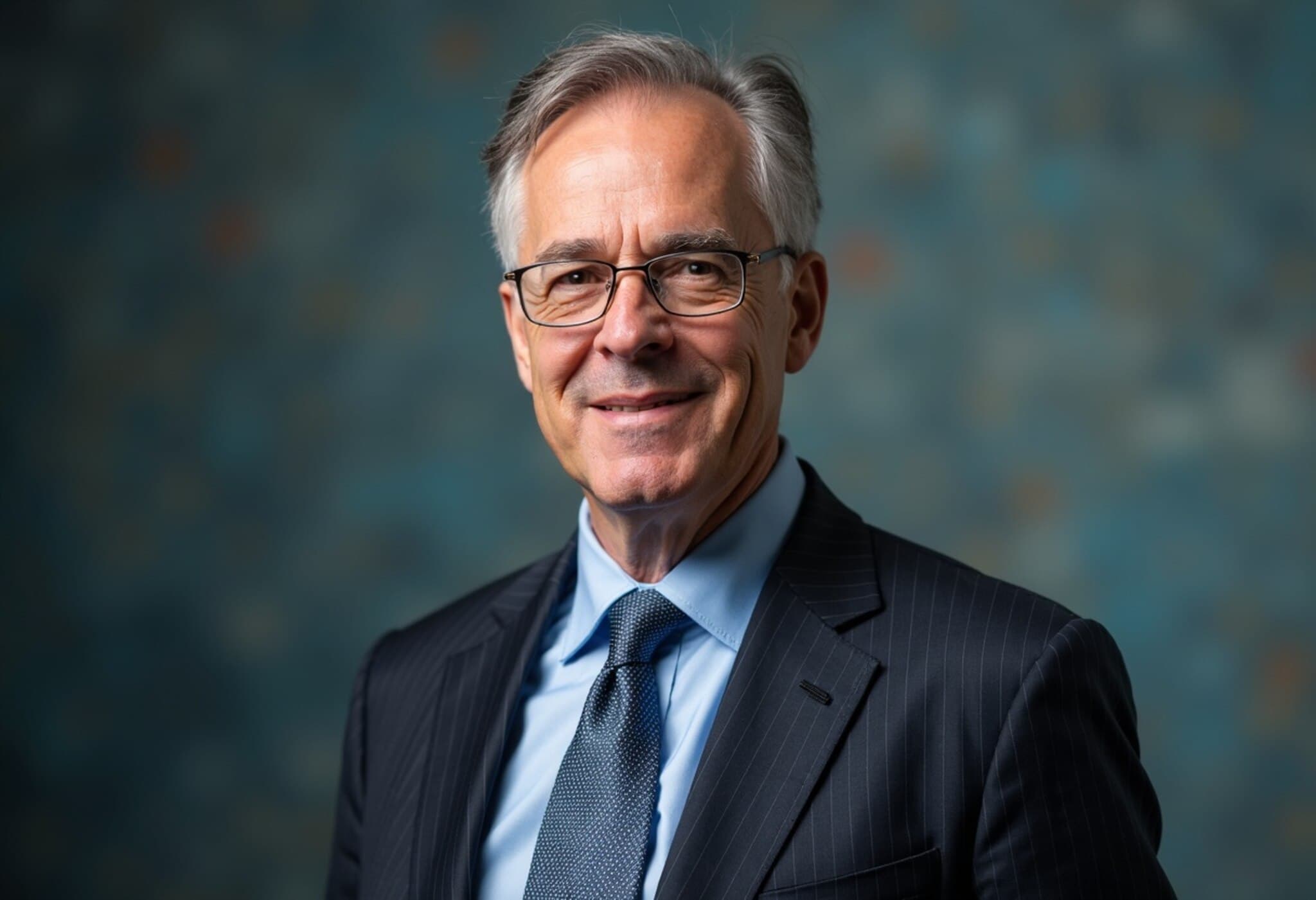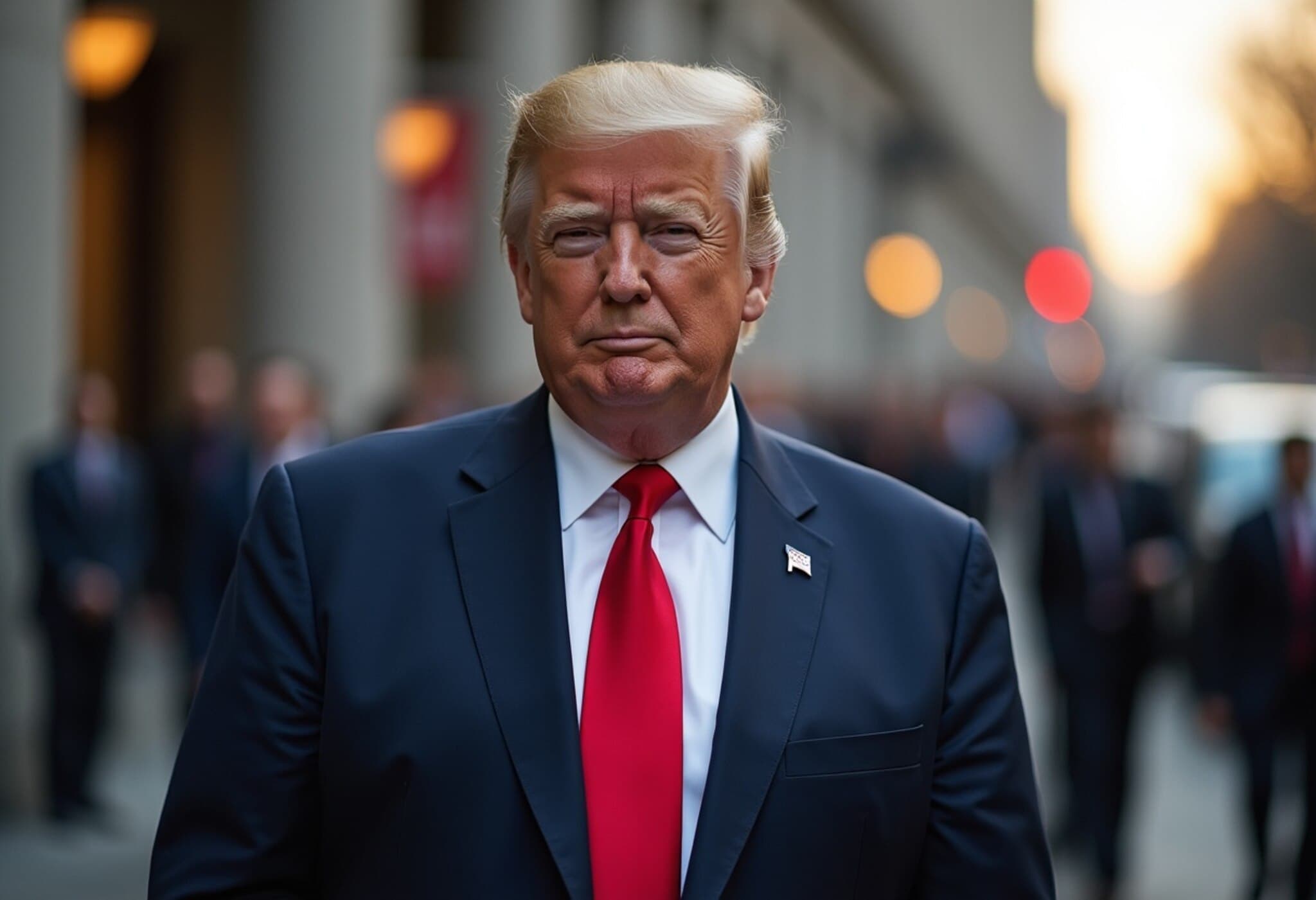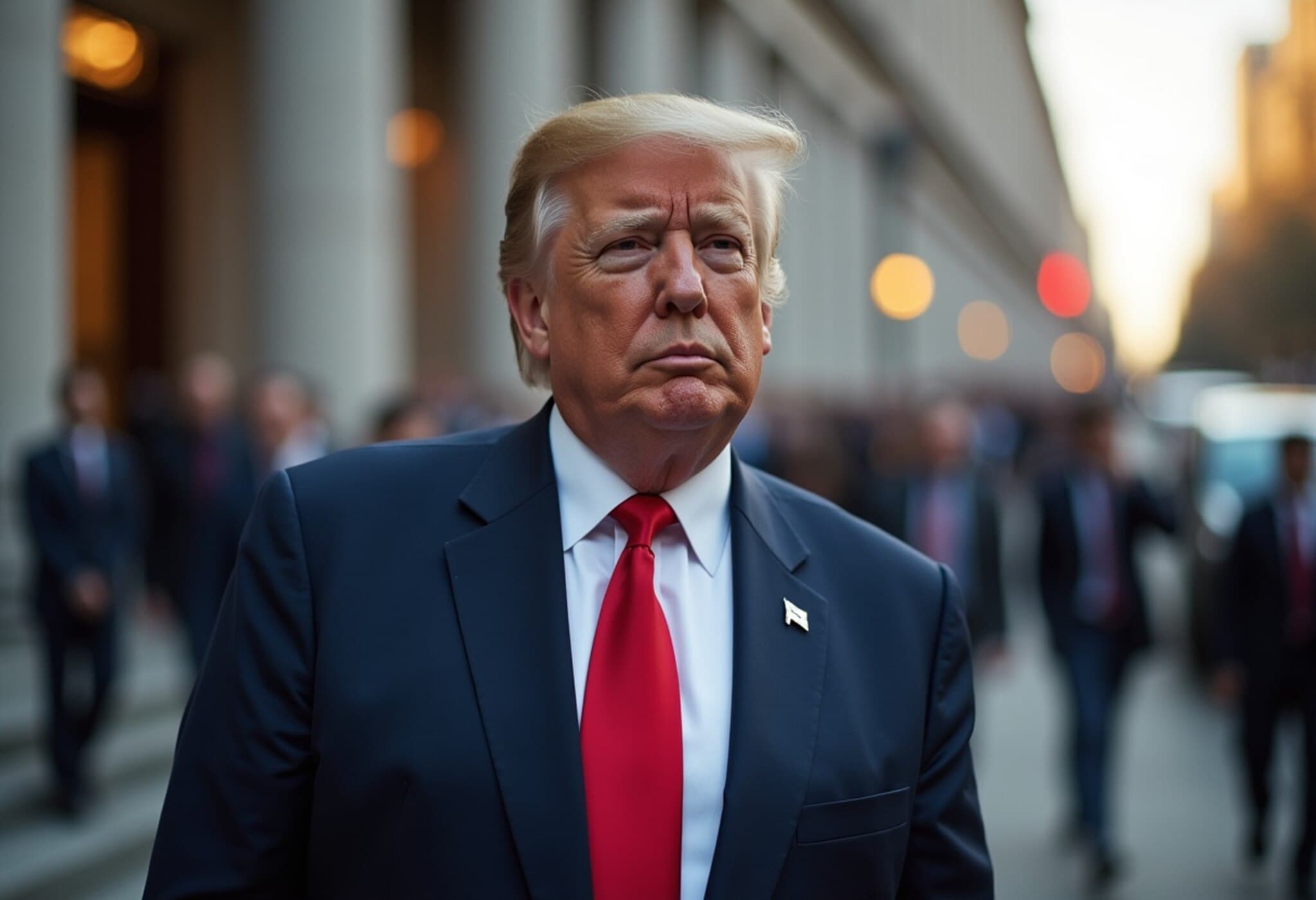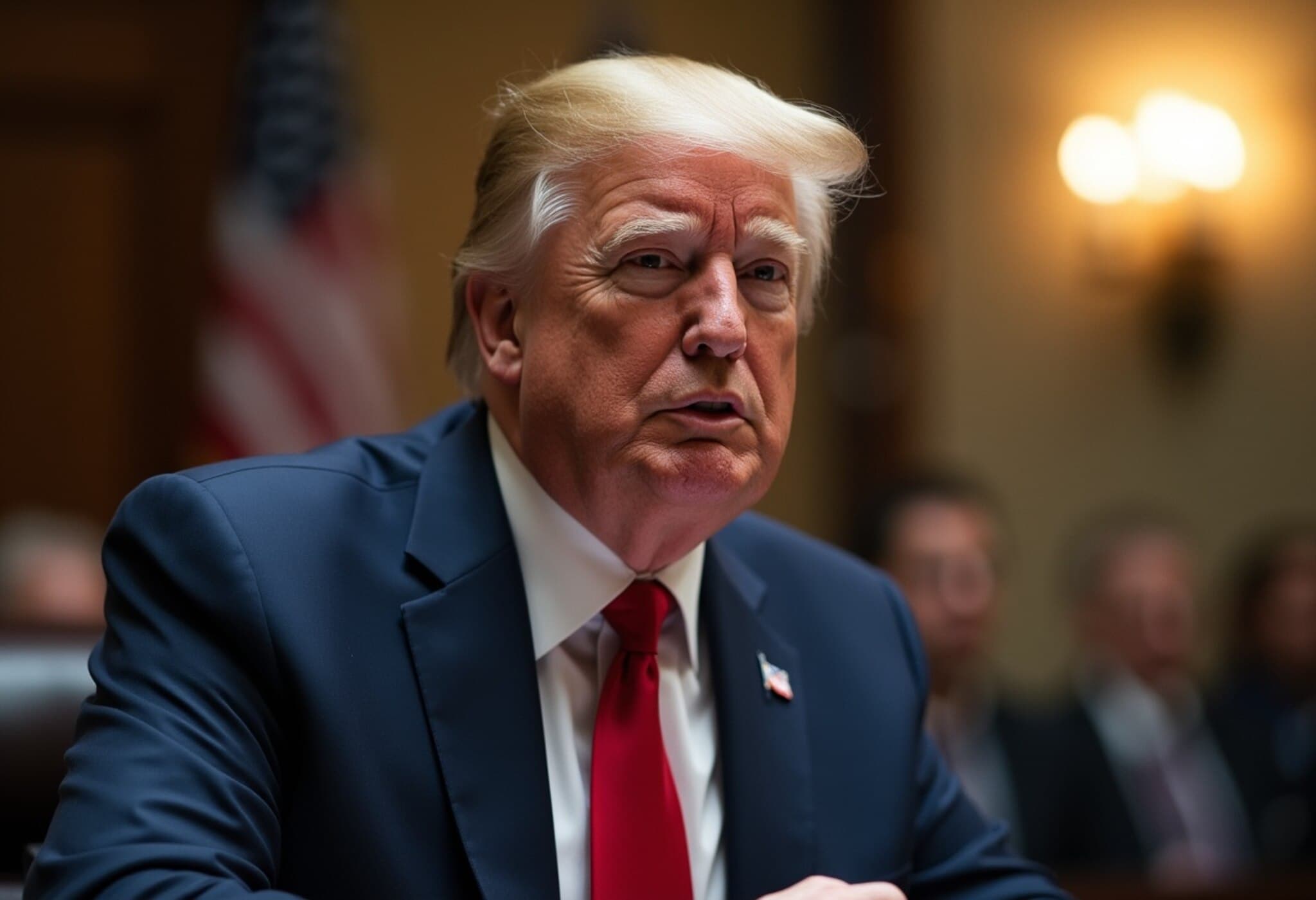Federal Reserve Board Sees Key Resignation Amid Interest Rate Debates
In a significant development for U.S. monetary policy, Dr. Adriana Kugler, a Federal Reserve Board Governor, announced her resignation on August 1, 2025. Her departure creates a crucial vacancy on the Federal Open Market Committee (FOMC), the body responsible for setting interest rates—a decision central to the economic trajectory of the nation.
Returning to Academia After Influential Fed Tenure
Kugler, 55, conveyed her decision in a formal letter addressed to President Donald Trump, without specifying a detailed reason for stepping down. She did, however, reveal plans to rejoin Georgetown University as a professor this fall, returning to her academic roots after nearly two years at the Fed.
"It has been an honor of a lifetime to serve on the Board of Governors of the Federal Reserve System," Kugler wrote. "I am especially honored to have served during a critical time in achieving our dual mandate of bringing down prices and keeping a strong and resilient labor market."
The Political and Economic Context of Kugler’s Departure
Kugler’s term was originally set to conclude in January 2026. She had initially been appointed by the Biden administration in September 2023 to fill the remainder of Lael Brainard’s term after Brainard transitioned to a White House economic advisor role. Throughout her time, Kugler played a pivotal role as a permanent voter in FOMC meetings on crucial rate-setting decisions.
Her resignation is particularly notable as it coincides with President Trump's effort to influence Fed policy by nominating individuals who favor lower interest rates—a move reflecting ongoing political and economic tensions around inflation and growth strategies. Trump’s previous appointees, Christopher Waller and Michelle Bowman, broke from the majority by voting to lower rates during the August 2025 FOMC meeting where rates were held steady; Kugler was absent due to her resignation announcement.
Kugler’s Monetary Policy Stance: Hawkish Yet Nuanced
Throughout her tenure, Kugler maintained a generally hawkish position, advocating for patience in adjusting rates. She emphasized the need to hold interest rates steady until the repercussions of Trump’s tariffs on inflation became clearer—signaling prudence amidst a volatile economic backdrop.
Her views underscored the delicate balancing act the Fed faces: taming inflation without derailing the labor market's resilience, which strongly affects Americans' everyday lives, from mortgages to job stability.
Fed Chair Jerome Powell’s Tribute and What Lies Ahead
Fed Chair Jerome Powell acknowledged Kugler’s contributions with respect, highlighting her blend of practical experience and academic insight as invaluable to the Board’s deliberations.
"She brought impressive experience and academic insights to her work on the Board," Powell said, wishing her success as she returns to academia.
What Kugler’s Exit Means for the Future of the Fed
- Trump’s opportunity: The vacancy paves the way for another Trump appointee, potentially shifting the Fed further toward a dovish stance on interest rates amid economic uncertainty.
- Market implications: Investors and policymakers will closely monitor the nomination process, as Fed board composition directly influences financial markets, borrowing costs, and inflation expectations.
- Institutional balance: Kugler’s departure reduces Biden’s influence on the Board, raising questions about the ideological balance within the Fed in an election year fast approaching.
Underreported Perspectives: The Academic-Fed Nexus
Often overlooked is the revolving door between academia and central banking, which Kugler exemplifies. Her return to Georgetown underscores the cyclical relationship where academic theories meet real-world policy challenges. This interplay enriches Fed policy debates but also spotlights the tension between independent monetary policymaking and political pressures.
Moreover, her decision to leave during a politically charged time invites reflection on the personal and institutional challenges policymakers face—juggling public service, personal career goals, and the weight of economic stewardship.
Editor’s Note
Adriana Kugler’s resignation is more than a personnel change; it is a mirror reflecting the complex intersection of politics, economics, and governance. As President Trump seeks to imprint his preferences on the Fed, the delicate balance of inflation control versus economic growth hangs in the balance. Readers should watch closely how new nominations reshape not just the Fed’s policies but its role in the broader American economic narrative.
In an era where interest rates impact everything from college loans to home affordability, understanding these shifts is critical—both for policymakers and the public alike.

